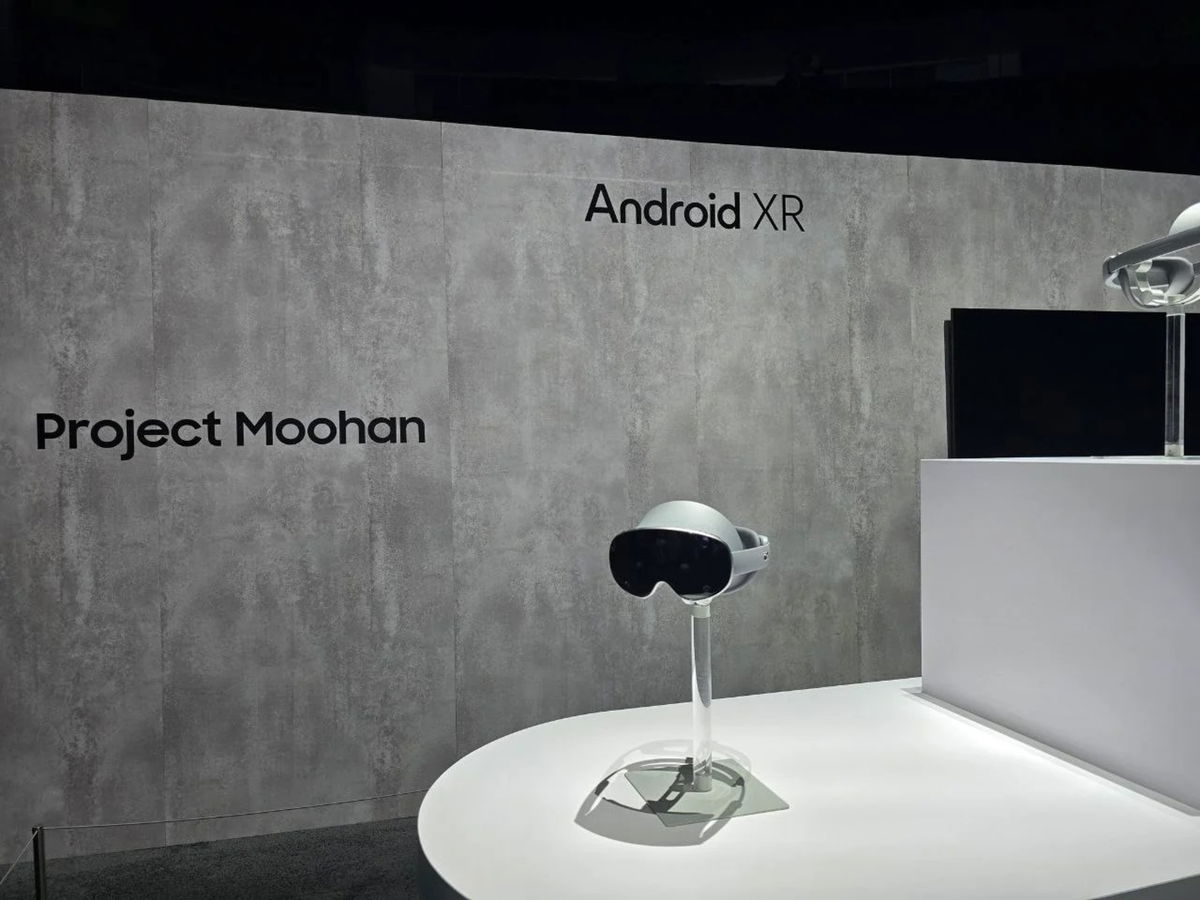Scientists at Edith Cowan University in Australia have come to conclusions that could have big implications for the electric vehicle industry, demonstrating the potential zinc air batteries as an alternative to lithium-ion. The biggest advantage is that they provide much greater density, i.e. they are able to store more energy in a smaller space, providing a high level of efficiency and autonomy.
The batteries mentioned in the study consist of a negative zinc electrode and a positive air electrode. Its main disadvantage is that the air electrode can degrade over time, reducing battery performance and autonomy. On the positive side, it has the benefits of lower costs and lower environmental impact compared to lithium-ion batteries, which are currently most commonly used in electric mobility.
How did the experts correct the shortcomings of zinc-air batteries, positioning them as a viable option? According to the study, the improvements were achieved by modernizing the design and using new materials such as carbon, iron and cobalt-based minerals.
Advantages and disadvantages of zinc-air batteries
” batteries rechargeable zinc-air are becoming increasingly attractive due to their low cost, environmental friendliness, theoretical high energy density and intrinsic safety,” said study lead author Dr. Muhammad Rizwan Azhar.
Theoretically, this type of battery has all the features needed to meet the current demand, as the spread of electric mobility is growing worldwide. It offers more autonomy, meaning it can travel further on a single charge at lower prices, making cars cheaper and more environmentally friendly.
“The new design was so effective that it suppressed the internal resistance of the batteries, and their voltage became close to theoretical, which provides a high maximum power density and long-term stability,” said Dr. Azhar.
In addition to these advantages, zinc-air batteries have limitations and face serious problems before their large-scale production. The main task is to avoid degradation of the air electrode. There is also the problem of losing its effectiveness at low temperatures.
Li-ion battery specifications, industry standard

In addition to zinc air batteries, there is currently a standard: variants that use lithium salt. Most mobile devices, including smartphones, smartwatches, tablets and laptops, are powered by this component. Electric vehicles use them too, and it is likely that a future generation of aircraft will implement such a feature.
Like any other technology, Lithium-ion batteries have advantages and disadvantages. Among the first stand out its density, resistance to discharge and the ability to work in a large number of charge and discharge cycles. Among the latter, they are sensitive to temperature changes, long processes and production costs.
Zinc air, a possible solution?
The development of electric vehicles, as well as the activities of various industries, dictate the search alternatives to lithium-ion batteries. The goal is to have options that are easier to produce, use less raw material and have higher density.
A study published by an Australian institution shows a certain level of enthusiasm for the potential of zinc air batteries to revolutionize electric mobility. The wide availability of the resource speaks in favor of the proposal. “Because of its abundance in countries like Australia and the ubiquity of air, what we offer is a very viable and reliable solution,” Azhar explained.
However, it is important to note that the technology is still in its early stages and it is important to take these claims with a grain of salt. While this is not necessarily the case, labs usually make big promises to attract investors and improve their reputation, but many of these projects never reach full-scale production.
Source: Hiper Textual
I’m Blaine Morgan, an experienced journalist and writer with over 8 years of experience in the tech industry. My expertise lies in writing about technology news and trends, covering everything from cutting-edge gadgets to emerging software developments. I’ve written for several leading publications including Gadget Onus where I am an author.













